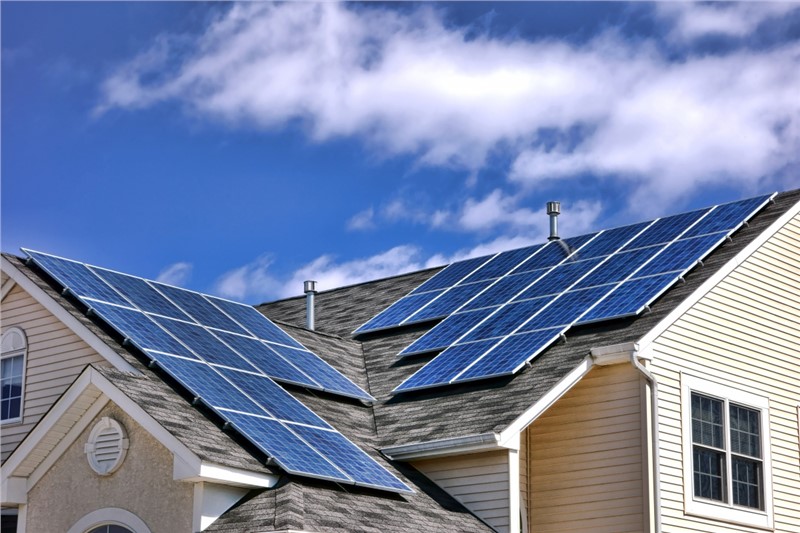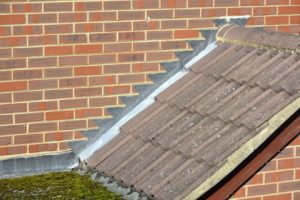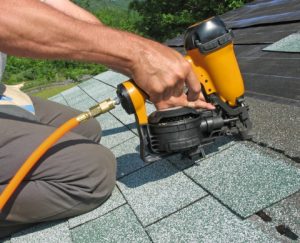
How are most solar panels installed?
Most solar panel systems are installed by drilling a series of holes into the roof to install hardware that supports a rack system which, in turn, supports the solar panels themselves. While that may sound concerning (drilling holes through the roof), these holes should be patched up if properly installed. Your solar panel installer should install flashing and sealant in order to seal up all holes created. Feel free to ask your solar panel provider about their installation method and how they provide retrofitted protection for your roof.Can a solar panel installation damage my roof?
Yes. However, most solar panel installers are trained to install panels without damaging the integrity and waterproof characteristic of your roof.Is my roof strong enough to support solar panels?
Most roofs are structurally sound enough to provide support for the additional weight of solar panels. Solar panels are relatively light, and modern roofs are often built to handle extra weight. If you’re concerned about the integrity of your roof, have it inspected before an installation to determine how much weight the roof may support. You may have to rebuild your roof if you have rafters that are damaged or rotted (or any other damage to the structure of your home).How long do solar panels last?
Most solar panels last for a few decades before they no longer produce energy. At this point, you’ll likely want to remove the solar panels and replace the roof (depending on how well the roof has held up). It’s a good idea to replace your roof when the panels are removed, since you will likely have holes that perforate the surface of your roof, and it’s the optimum time to have work done (since your solar panels aren’t in the way). Then, you can install a new set of solar panels if you’d like.What should I look for in an installer?
You should look for a solar panel installation provider that is licensed and insured, a provider that has good reviews, and a provider that can guarantee their craftsmanship. In addition, you should ask if your upcoming solar panel installation will void any warranty you may have for your roof. Often, roofing warranties may be voided if you have work performed on your roof, especially if that work isn’t performed by an authorized contractor. Speak with your roofing material manufacturer and the roofer who installed your roof to learn about any warranty coverage you may have as well as to find out about whether or not you’ll retain warranty coverage if you have solar panels installed on your roof.Still curious about your roof?
If you’re still uncertain about whether or not solar panels are right for your roof, reach out to a roofing expert. If we installed your roof for you, we’d be happy to answer any questions that you may have before you invest in solar panels. We can also let you know about the status of any warranties that you have on your roof, and how a solar panel installation will affect any protection that you have. Give us a call today to learn more!Tags
Subscribe to Red Dog's Roofing's Blog









Comments